Georgie Moore, 12WBT’s accredited practising dietitian, says no. High protein diets may sound great, but they’re simply another way of reducing your calorie intake by cutting out all sorts of other foods. “A high protein diet is just one more ‘solution’ to a weight problem. Any diet that causes you to eat less energy than you use will lead to weight loss,” she explains.
While protein is good for you, Georgie is dubious about the nutrition-rich foods you have to give up to go high protein – often whole food groups such as carbohydrates and dairy fall by the wayside – and the claims that often come packaged with high protein, low carb diets.
“For instance, the creator of one well-known high protein diet claims you’ll be free of almost all health issues, including autoimmune diseases and even skin cancer!” says Georgie. “He also declares that cholesterol is not necessarily linked to heart disease, but this is incorrect.”
Also read: Check out our member Kellie’s amazing results
Busting the High Protein Diet Myths
High protein diets have been touted as the best fat burners because protein is harder to digest so it burns more calories and keeps you full for longer. This is true. And most people starting a high protein diet do lose weight because they are less hungry, but also because eating few or no carbs forces the body to use some of its glycogen stores instead, and also releases water.
This can be harmful. In cutting out carbs, Georgie says you’re cutting out the brain’s favourite fuel. Plus, consuming more protein than you need can lead to increased levels of uric acid in the blood, raising your risk of gout. Too much protein can also lead to higher cholesterol levels.
That’s not to say that we should all eat exactly the same amounts of the various macronutrients (such as protein or carbohydrates). The latest Australian Dietary Guidelines were revised this year and there’s more leeway for us to work out what we need based on our gender, age and activity level, says Georgie.
“The guidelines reflect that we move a hell of a lot less than we used to, and so the recommendation for carbohydrates has decreased. Generally speaking, to keep your body functioning you cannot live without carbs, but those who are less active will need less fuel and thus fewer carbs,” she explains.
The Role of Protein in our Diet
Protein is an important part of your diet: it’s the building block of bones and teeth. It takes care of muscle repair, and regulates certain chemical reactions in the body. Protein is also a key player in helping the immune system fight off bugs.
“Protein is essential for the body to build, grow, repair and maintain every bit of us, including hair, skin, blood – everything – so it’s vital that we eat enough each day,” says Georgie. “The problem is, most Aussies eat way more protein than they actually need.”
High protein diet fans or bodybuilders operate under the belief that if a little protein’s good for you, a lot must be better, and on a diet like Atkins or the Dukan Diet, protein allowances may be unlimited.
But Georgie says we need to be careful of how much protein we’re consuming and how often. “We do need a certain amount, and we should ‘drip-feed’ it throughout the day. It’s like alcohol: your body can only process certain amounts of protein in one go – about 25g to 30g of protein in one sitting, which equates to about 100g of red meat or chicken,” she explains.
Eating more protein than your body can process is pointless, as it can’t be stored like carbs. “So, for those who are consuming a high protein diet, tucking into a 500g steak is not going to be of any more benefit to you than a 100g steak;” Georgie explains, “because your body just expels the extra protein it can’t process right then.”
Also read: 11 Motivational tips to help you work out in the morning
How Much Protein do we Need in our Diet?
Depending on how active we are, generally speaking we need 0.8g to 1.2g of protein per kg of body weight per day. For a 70kg woman or man, that would be around 70g of protein per day, give or take a couple of grams. What does 70g of protein actually look like? Let’s see.

How Much Protein is in My Food (g)
1 large egg = 6g
100g chicken = 28g
50g cooked lentils = 8g
100g grilled salmon = 22g
25g cheese = 7g
TOTAL = 71G
Using the list above, you could easily space out your protein requirements through the day – you could enjoy an egg for breakfast on some grainy toast, grilled chicken and a lentil salad for lunch and salmon for dinner with veggies, plus a little cheese for a snack.
Vegetarians need to be especially aware, though, of making sure they have enough protein with their meals, because plant-based protein is not as easily absorbed. Vegetarians should bulk out their meals with protein-rich foods such as dairy, eggs, tofu, nuts, seeds and legumes. Smaller amounts of protein can also be found in breads, grains and vegetables.
A Diet With Too Little … or Too Much
You’ll soon notice the signs if you’re not getting enough protein in your diet, says Georgie. “Eating too little protein will lead to feelings of fatigue, poor wound healing and poor skin and hair – just poor health in general,” she says.
And if you eat too much, or are on a high protein diet that drastically reduces your carb intake, you can put your body into a process known as gluconeogenesis… which is when the body is forced to turn amino acids into glucose. “This is when the body is forced to turn protein into carbs to feed the brain,” says Georgie.
“This leads to a state known as ketosis. If the body is in ketosis for a prolonged period, it can lead to health problems such as heart disease as well as lack of concentration, moodiness and low blood sugar levels. The kidneys filter excess protein, turn it into nitrogen and then we pee it all out, so having too much protein can cause serious kidney issues in the long term as well.”
Better Than the Rest
When you’re looking at muscle repair, some forms of protein – known as HBV or ‘high biological value’ – are considered better than plant-based protein because they’re more energy efficient, contain ideal amounts of amino acids and are more readily digested by the body. The best HBV protein-rich foods are generally from animal proteins, so that means meat, eggs, milk and its by-products, such as whey.
If you’re vegetarian and looking for plant-based foods, tofu, legume, lentils and nuts are all great sources of protein, so make sure your diet includes adequate serves of these.
Are Protein Shakes and Bars Useful in our Diet?
Having a protein shake or bar after your weights session can be a great way to get an instant boost, with studies showing that consuming protein immediately after exercise sends it to your muscles more quickly. But don’t overdo it, warns Georgie. Ideally, she says, try to consume protein from real food after a workout if you’re able to. “You have a two hour post-workout window in which you gain the benefits of taking in protein quickly,” she says.
Be kind to your kidneys and don’t overload them with protein, says Georgie: “You’re better off limiting bars or shakes to just a few times per week (if needed) and trying to get most of your protein from real food instead.”
VEGETARIAN?
Get your protein hit with our 12WBT delicious Herbed Lentil Loaf with Roast Tomatoes & Rocket, and Scrambled Tofu and more…
Still not quite sure what you should be eating in terms of a healthy nutritional breakdown? The 12WBT Nutrition Plans are designed to do all the thinking for you.


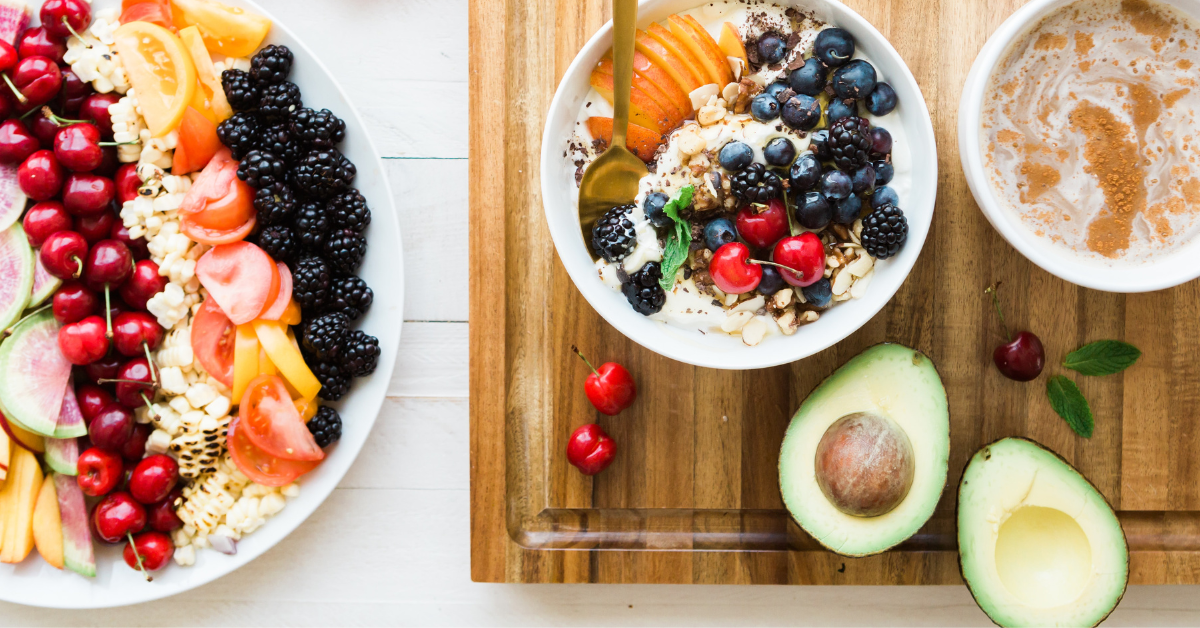

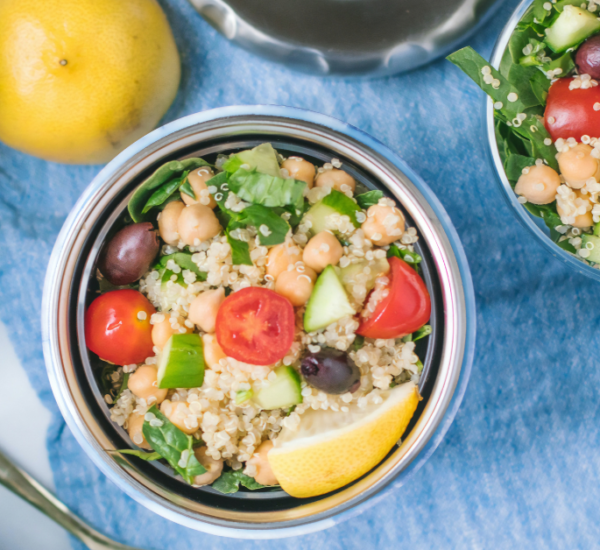
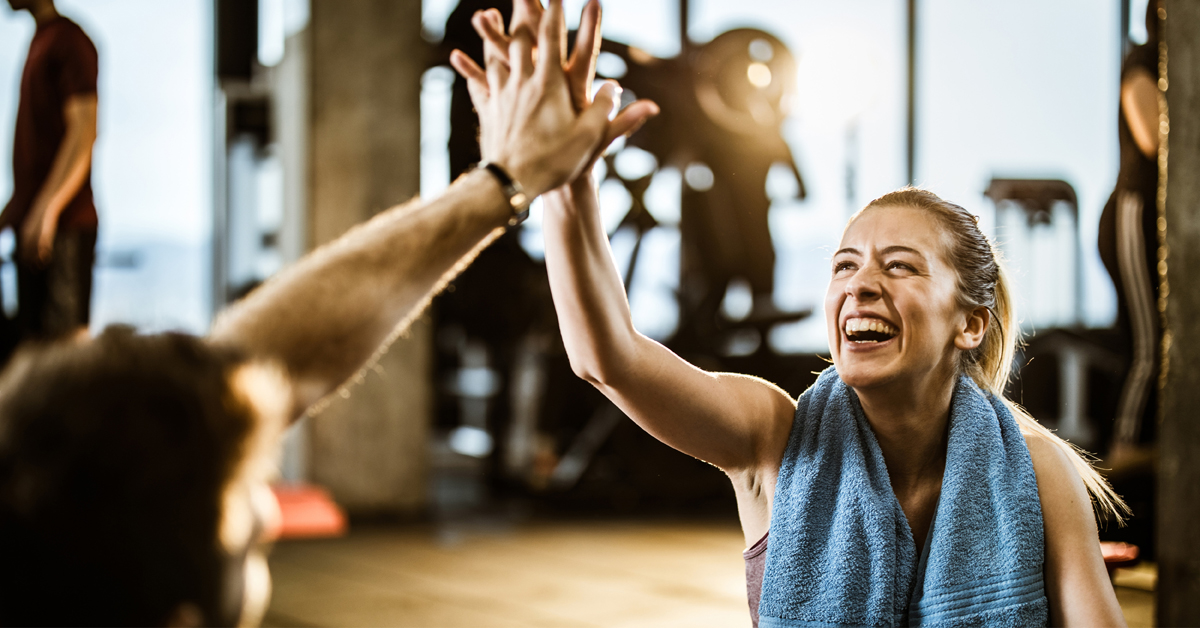
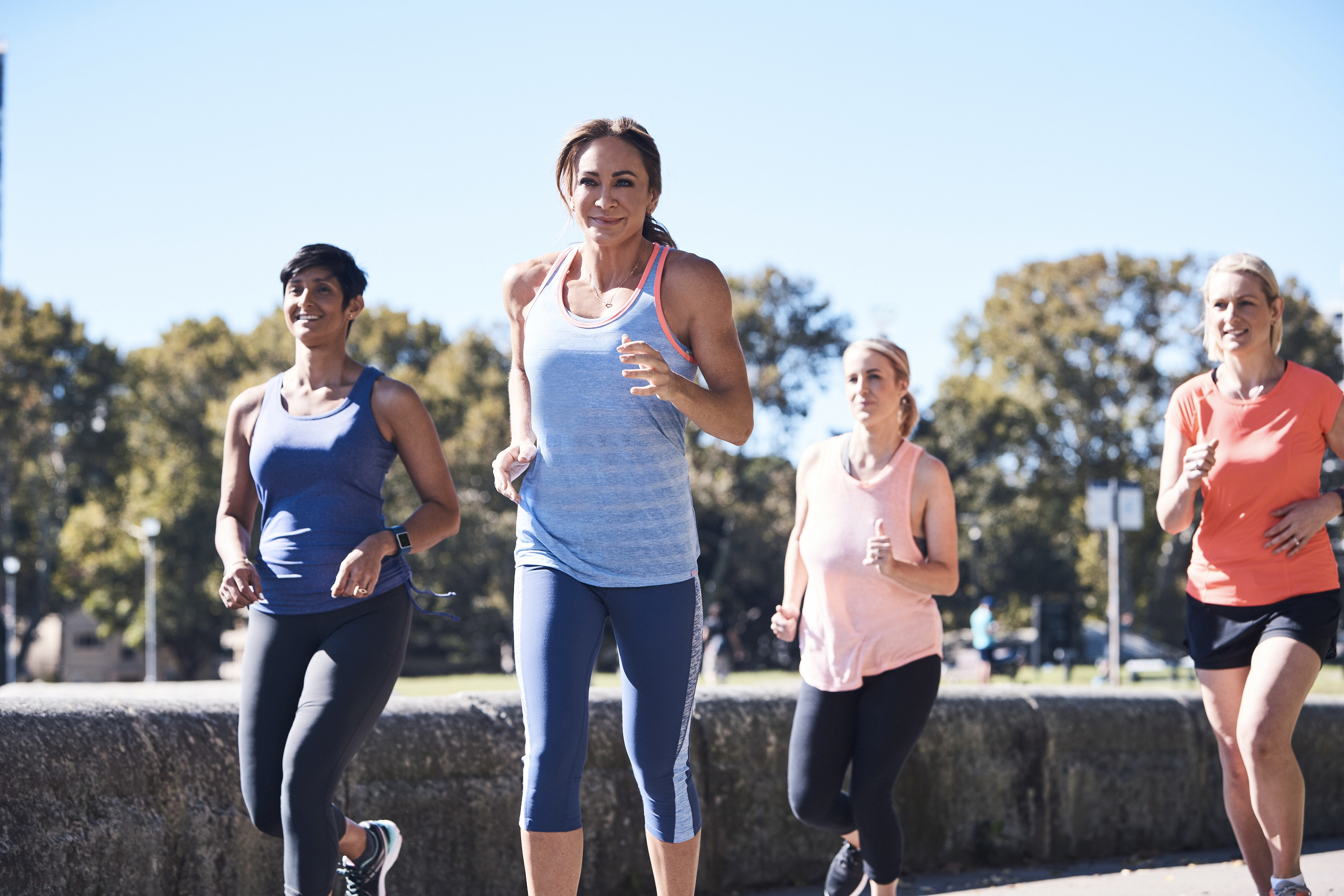
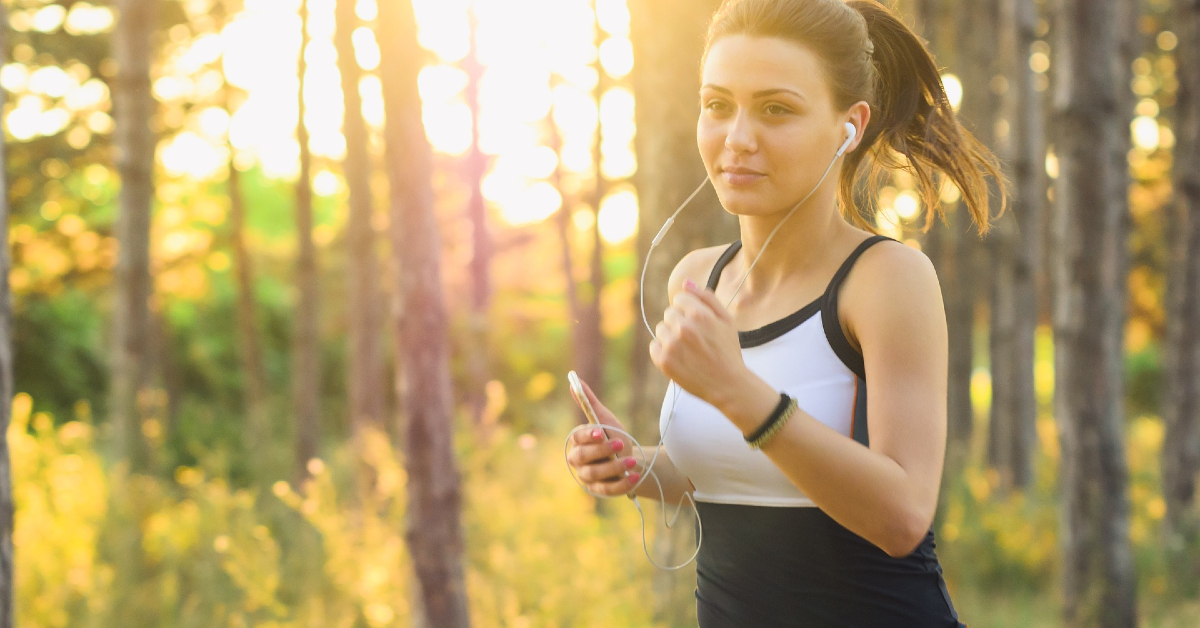
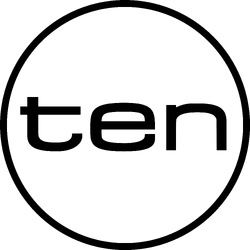
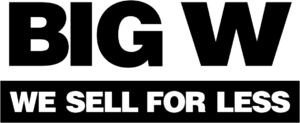

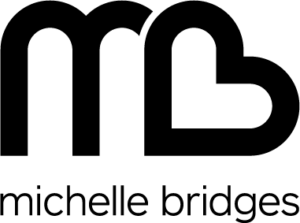

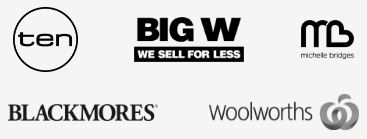

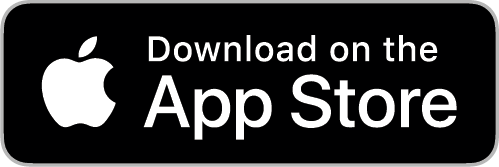
This article is amazing in its inaccuracies. What are the signs that a high protein diet is having adverse affects. I never eat carbs – which are never needed by the body- and I eat high protein and fats which humans thrive on. I Feel amazing and it’s backed by science.
I have taken a lot of protein in my food because someone suggests me to take protein in my diet. Your blog helps me to take balanced diet. I am very glad to see this blog. Thanks for sharing .
This is great to read to confirm what my nutrition is telling me! I thought I was doing good eating meat at dinner each night, only getting about 15 – 20 grams of protein a day. I was tired and lacking energy. This is helping to affirm what I should be doing. Thank you!!
I couldn’t care less if eating protein raises cholesterol! That’s the building block of hormones. Besides, anyone who’s worried can just go outside and get more sunlight since the body uses cholesterol and sun to synthesize vitamin D. There’s a strong correlation between cholesterol levels and where you’re located along the equator. I was a personal trainer and in my own experience and my clients, protein is the best macro to lose body fat since both dietary fat and carbs can be used for enery at a higher rate. A diet high in fat or carbs can stunt weight loss to varying degrees (though carbs seems to affect body fat levels much more strongly than dietary fat for insulin resistant people). Protein reduces ghrelin as much as carbs and for longer (reduced hunger), and it doesn’t make you sleepy like carbs can (no reactive hypoglycemia or high serotonin).
Nobody’s going to go out and eat 400 grams of protein and risk kidney damage. Most people are entirely too full to eat more than 200 grams of protein. Try eating 5 or 6 whole eggs and you’ll see what I mean; and that’s just 30g worth of bioavailable protein. And yeah I’m sure eating protein raises uric acid levels, but so does eating high amounts fructose. If you drink enough water, it shouldn’t be much of a problem to flush that out. Not me or my clients have ever complained of gout problems when protein wasn’t over 1gram per 1lb of body weight and they drank enough water. I don’t believe ketosis causes problems long term with blood sugar if you eat enough protein thanks to gluconeogenesis. Further, the longer you stay in ketosis, the more your body derives it’s energy from breaking down fats for the brain, not protein. You should have mentioned that in your article in all fairness. Of course you can get moody and lack concentration, but that is not BECAUSE of ketosis. THAT is due to a LACK of ketosis. Your brain is starved of glucose and it’s still has to upregulate the production of ketones all while having to withdraw from the addictive hold carbs have on the reward center in your brain. Your body ends up feeling back to normal again after a week once ketosis is in full swing. I honestly think if you’re going to write articles, you should be telling the FULL story for the sake of health and science.
Everybody is different and people can get lean through various means, but I see much less wrong with this diet than your article suggests.
Hi Joshua – It’s always great to hear from people passionate about health. The aim of the article was not to demonise protein (or cholesterol); we strongly agree they are so important to our health and wellness. Our aim was to provide clear advice about consuming appropriate levels of protein alongside the other macronutrients in a balanced way. Unfortunately many people tend to focus too heavily on one macronutrient and forget that for the best health outcome, we need to consume a combination of fat, protein and smart carbs. There is no ‘one blanket’ approach to weightloss, but we strongly believe in aligning our Blogs with the Australian Dietary Guidelines which are based on 55 000 per reviewed scientific articles. Thanks so much for sharing your experiences with our readers and our Team.
All the best,
Leila
12WBT Support Crew
I love this article! I am a nutrition student and have actually been meaning to write a similar post on my own blog for a while now. It frustrates me that basically every personal trainer I have met as well as some nutrition consultants “claiming” to be qualified nutritionists just follow the mantra: “Protein, protein, protein. Eat more protein!”
From experience, it is not at all difficult to get enough protein, even on a calorie restricted diet. Yet when I attempted to discuss this issue with a personal trainer friend yesterday he asserted that “most people don’t get enough protein”. Since he was so certain he was right (despite my 4 years of nutrition study) and had already failed to comprehend (after telling me that if you take vitamin B6 you can absorb more protein) that your body can’t process more protein than it needs, I didn’t even bother to tell him the opposite was true.
Very good article. Though, like all these types of articles they’re talking about the most extreme type of high protein, low carb diets that muscleheads who want to get down to 8% bodyfat, adhere to. Which in reality just doesn’t happen to 95% of people who go on such a diet. The most common diet attempt these days for most people is, unrealised by them, merely reducing their caloric excess down to a more healthy, normal, 300 caloric deficit per day, which is hardly extreme, even though they might suddenly feel like they’ve gone through the most extreme dietary change imaginable.
A re-balance of protein-to-carbs is also not extreme, because prior to the diet, the average person’s carb intake was already extreme: like 90% of their food was in the carb and fat category. The line “The problem is, most Aussies eat way more protein than they actually need” is rubbish. We’re not looking at Bondi and Toorak here. The average Australian’s diet is carbs and fat with very little, if any protein, thanks to their socio-economic standing. In fact, most ppl get the majority of their protein from fast food alone. In practice, in my own dieting, using a nutritional measuring app such as MyFitnessPal, even on my utterly best effort weeks, I only manage to get about 25-30% of my total weekly diet being protein.